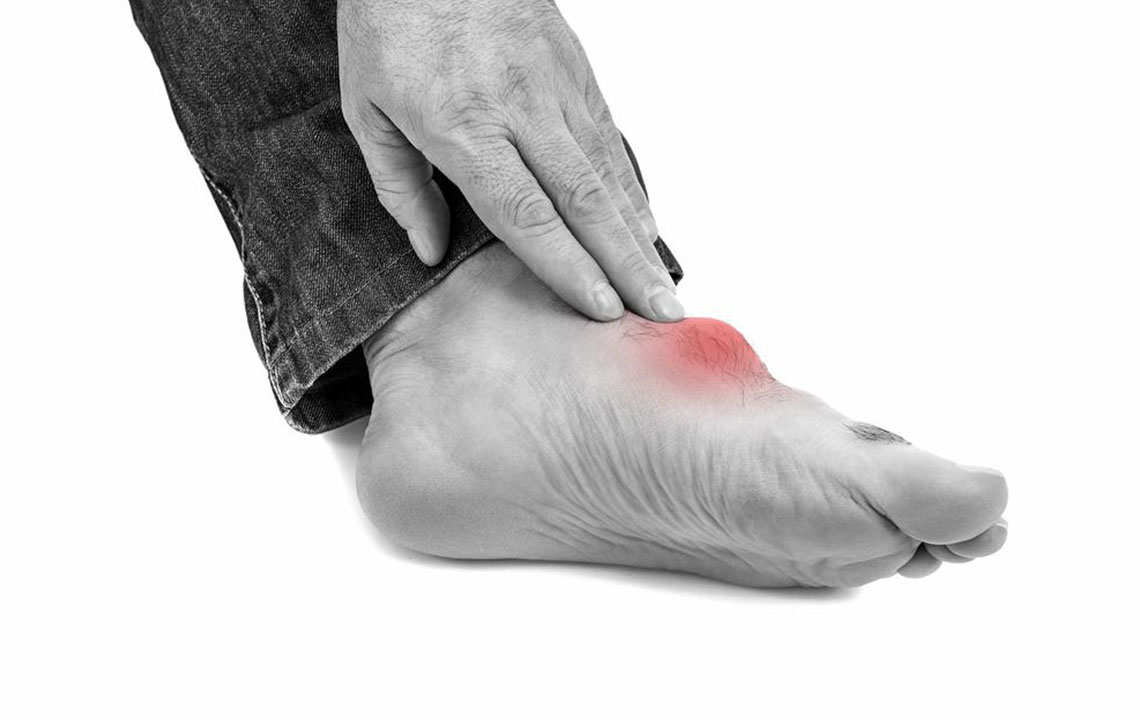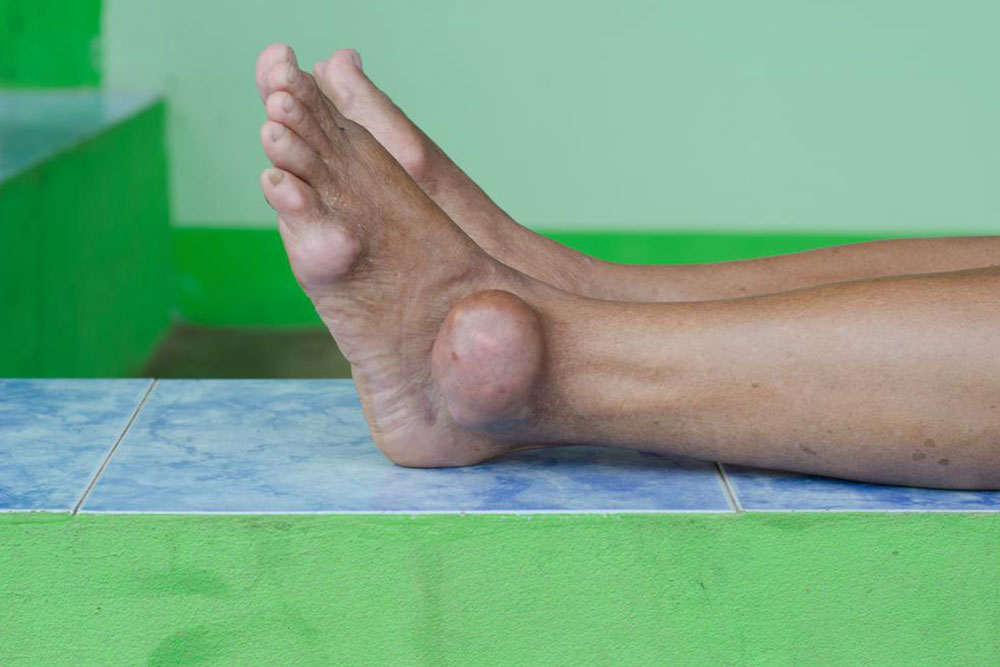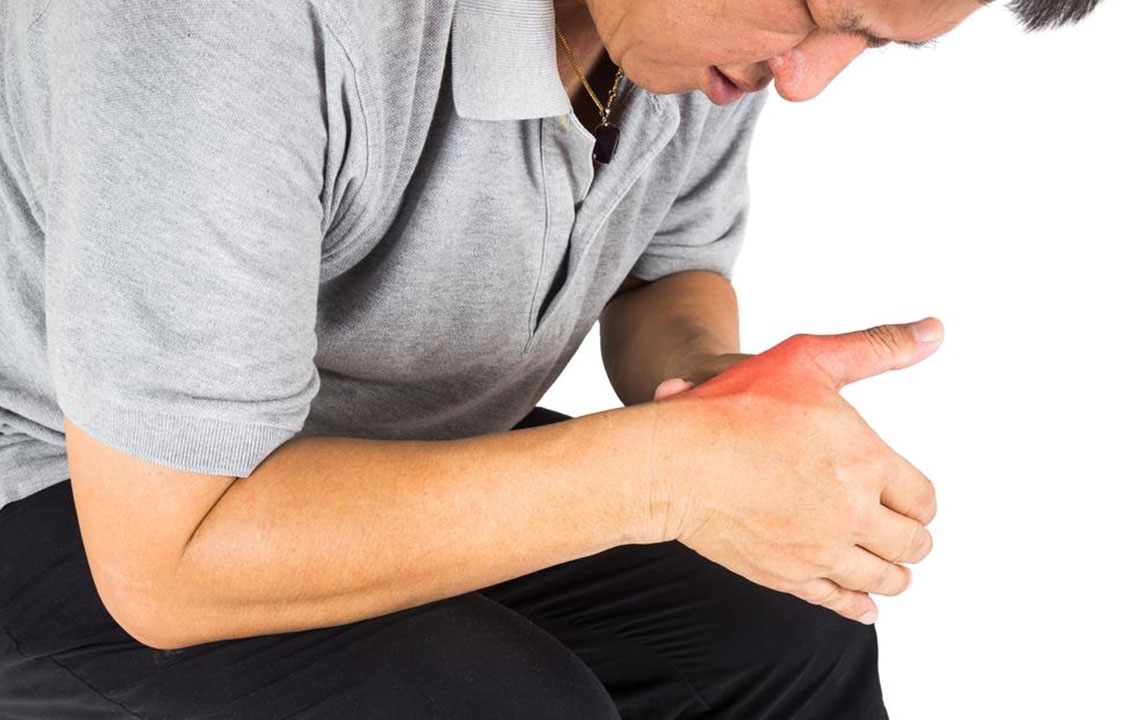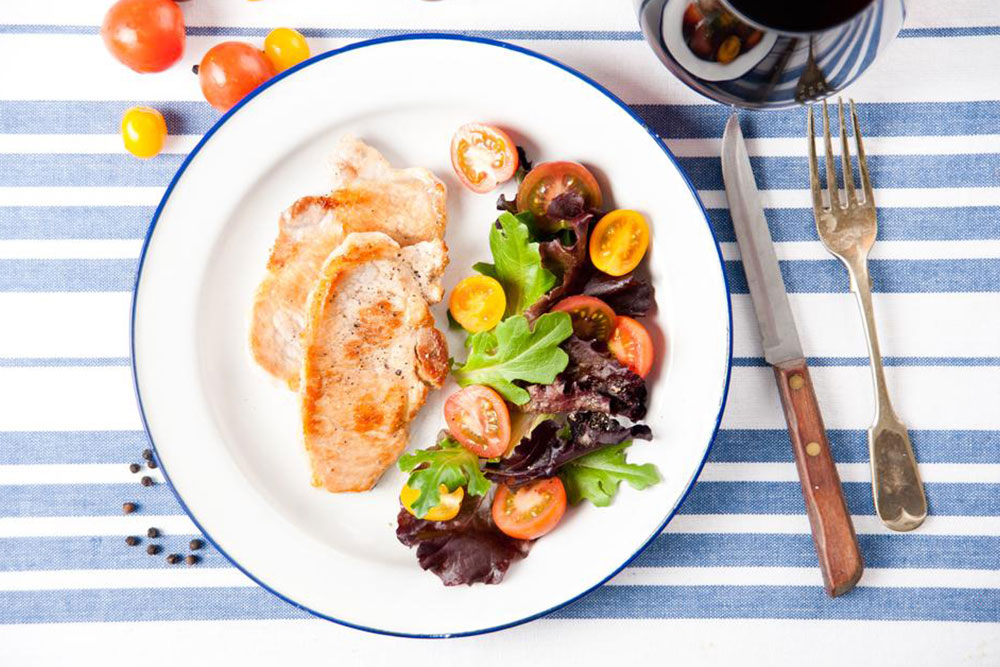Comprehensive Guide to Effective Gout Management and Treatments
This comprehensive guide explores effective gout treatments, including medications, diet, and lifestyle changes. It emphasizes proper diagnosis, adherence to prescribed therapies, and habit modifications like low-purine diets and hydration to prevent attacks. Recognizing symptoms early and seeking medical advice are key to avoiding joint damage and managing gout efficiently.

Comprehensive Guide to Effective Gout Management and Treatments
Gout is a form of arthritis characterized by sudden inflammation in joints caused by elevated uric acid levels in the bloodstream. It commonly affects the big toes, fingers, knees, and elbows, presenting symptoms such as pain, stiffness, redness, and swelling. Without proper treatment, recurrent attacks can lead to permanent joint and tissue damage. Accurate diagnosis involves physical exams and joint fluid analysis to detect uric acid crystals, along with blood tests to measure uric acid levels.
Effective gout treatment combines medications and lifestyle adjustments. Medications are classified into short-term relief drugs and long-term management options. NSAIDs like naproxen, indomethacin, and ibuprofen are used to reduce inflammation during attacks. Corticosteroids may be administered in severe cases. For long-term control, uricosuric agents and uric acid production inhibitors help manage blood uric acid levels, preventing future attacks.
Adherence to prescribed medication regimens is crucial for successful management. Patients should avoid unapproved OTC drugs and consult their doctors before making any changes. Lifestyle modifications include a low-purine diet rich in vegetables, low-fat dairy, citrus fruits, and whole grains. Limiting alcohol intake, staying hydrated, and avoiding foods like red meats and shellfish can help prevent flare-ups. Gentle exercise like walking, cycling, and stretching supports joint health. If gout progresses, surgical options may be considered.
Overall, combining medical treatment with dietary and lifestyle changes offers the best approach to controlling gout and preventing joint damage.










